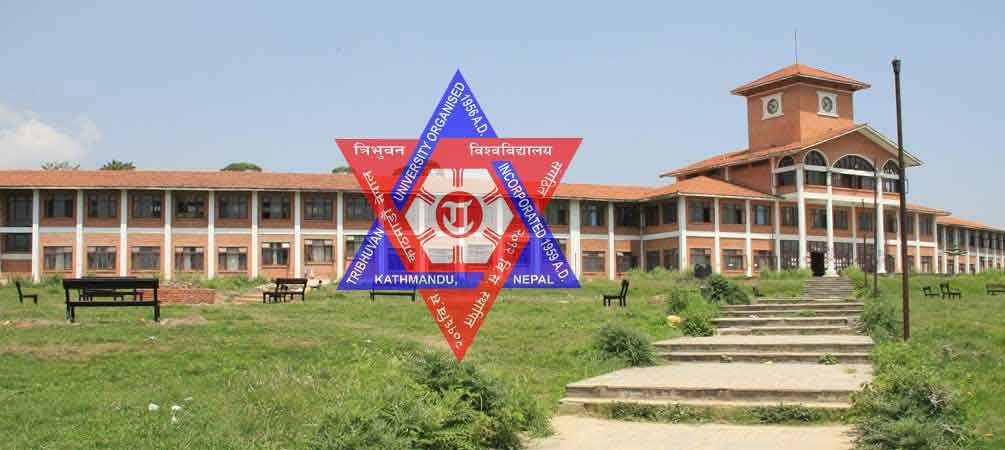
Tribhuvan University To Offer Dual Language Exam Papers in Bachelor Level Examination
Tribhuvan University (TU), the largest educational institution in Nepal, is on the path of implementing a significant change in its examination system. In a bid to make the examination process more accessible for students, the university has decided to ask the undergraduate-level question papers in both English and Nepali languages.
The Need For Dual Language Examination
The Vice-Chancellor of TU, Dr. Dharmakant Banskota, shed light on the initiative stating that it has been undertaken to ensure the comfort of the students. The motivation behind this move was the realization that while most of the academic instruction is provided in Nepali medium across campuses, the exams were largely conducted in English. This created a linguistic barrier for students who felt more comfortable with the Nepali language.
Challenges in Implementation
Dr. Banskota also acknowledged the challenges that come with this undertaking. "The question of integrating multiple native languages into the exam system is a concern for us," he said. While the primary focus is on integrating English and Nepali, there are also calls to include other native languages. However, considering Nepal is home to 123 native languages, including every language in the examination system is not feasible. The Vice Chancellor further clarified, "According to international norms, questions should be made in English, Nepali language can be added to it, but questions cannot be asked in every mother tongue."
A Landmark Decision for Higher Education
This step is indeed a landmark decision in the higher education landscape of Nepal. Tribhuvan University, with a student population of 347,269, and 1,124 affiliated and 62 own campuses, has a massive responsibility to cater to diverse linguistic preferences of its students. This initiative not only aligns with the university's commitment to inclusivity but also is a reflection of its adaptability to the changing needs of its student body.
The proposal of making question papers in both languages is slated to be implemented from the next academic session. This pioneering move by the University will certainly elevate the comfort and confidence of its multilingual student community, ensuring a more balanced and equitable examination environment.





